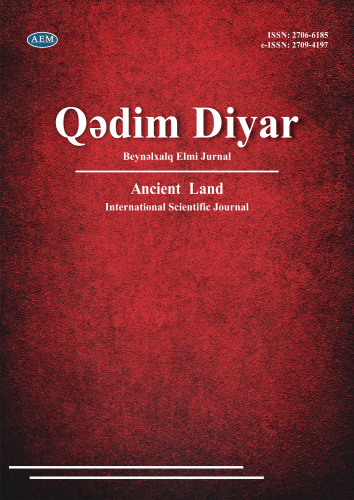DOI: https://doi.org/10.36719/2706-6185/46/322-325
Fasli Nabiyev
Baku, Azerbaijan
https://orcid.org/0009-0003-5133-3390
faslinabiyev1@gmail.com
Typology Of Political Systems, Modern Approaches and Classification
Abstract
The typology of political systems refers to the scientific classification of forms of governance and the structural organization of political institutions. This approach allows for the comparison of different countries' political experiences and facilitates the exploration of their similarities and differences. Classical political theories by philosophers such as Aristotle, Plato, and Montesquieu include some of the earliest attempts at classification. However, in modern times, the typology of political systems is primarily based on functional and institutional criteria.
In contemporary political science, political systems are generally divided into three main categories: democratic, authoritarian, and totalitarian. In democratic systems, the will of the people is considered the core principle, and political pluralism and free elections are present. In authoritarian systems, power is more centralized, and political opposition is restricted. Totalitarian regimes are characterized by the complete suppression of individual freedoms and the dominance of ideological control.
In the classification of political systems, criteria such as the form of governance (parliamentarism, presidentialism, semi-presidentialism), state structure (federal or unitary), and electoral systems (proportional, majoritarian, or mixed) are also taken into account. These criteria enable a more detailed study of countries' political systems and guide the decision-making process in practical politics.
Keywords: democratic regime, form of governance, parliamentarism, presidential system, semi-presidentialism, state structure, legitimacy, political transformation

